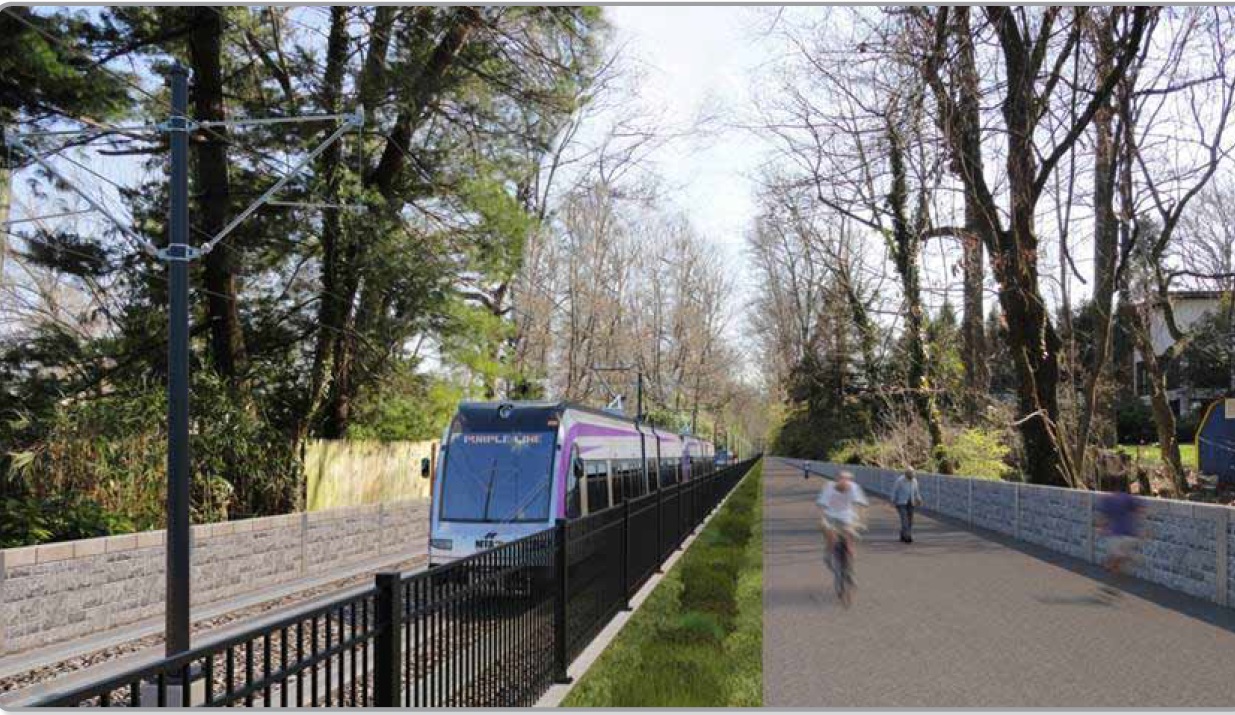by Len Lazarick and Megan Poinski
Len@MarylandReporter.com and Megan@MarylandReporter.com
The House of Delegates and Senate Monday night passed a new 3% sales tax on alcohol sold in stores, bars and restaurants, with most of the proceeds in the first year going to schools and school construction.
Gov. Martin O’Malley said Monday he will sign the two bills, which will go into effect July 1.
Advocates for people with developmental disabilities started pressing for an increase in a nickel-a-drink alcohol tax hike 18 months ago. Then they joined forces with a coalition of health care advocates pressing for a dime-a-drink dedicated to improve access to care and reimbursement for caregivers.
The original bill as proposed would have taxed beer, wine and liquor distributors, and raised $213 million, with about $32 million going for developmental disabilities.
After that proposal stalled, the excise tax was turned into an extra 3% consumer sales tax on alcohol, which would raise a total of $88 million. The Developmental Disabilities Administration got just $15 million in the final version, and the other health and mental health programs who would have gotten a percentage of the take in the original bill got nothing at all.
Instead, over $72 million of the new revenue is going to school aid and school construction in the first year, allocations made to gain the votes to get the tax passed. To get the tax’s proceeds to both places, both houses had to pass two bills.
The first $22 million for schools in Baltimore City, Prince George’s, Allegany and Garrett counties helped the new tax get through the Senate. When the bill ran into problems in the House on Saturday, the Ways & Means Committee added $47.5 million for school construction projects, mostly to the large suburban counties in central Maryland.
The new aid helped gain the win in the House 78 to 62, and the Senate 26 to 19, but not before mostly Republicans from rural areas protested how the votes were gained and how the allocations for school aid were made. But some Democrats joined the GOP in the final vote.
Impassioned debate
Emotions ran high in the House of Delegates on Monday during debate on both versions of the alcohol tax.
Many delegates argued that any increase in taxes on alcohol would eliminate jobs. Del. Michael Hough, R-Frederick and Washington counties, began the debate by sharing weekend conversations he had with liquor store owners in his district. Hough said their businesses were already struggling through the recession, and did not need any additional burdens.
Del. C. William Frick, D-Montgomery, the floor leader for the debate, said that the alcohol tax before them actually takes the price of the drink into consideration. The “dime-a-drink” proposal would have increased the cost of each individual drink, regardless of its cost. Frick also said that his wife is an alcohol retailer, and she has not opposed the proposal.
“I have not had to sleep on the couch,” Frick said.
Del. Michael Smigiel R- Caroline, Cecil, Kent and Queen Anne’s, said he did not want to vote for a bill that would take away money for people with disabilities. “We’re like a bunch of hyenas picking at rotting flesh,” Smigiel said.
Del. Susan Krebs, R-Carroll and Howard counties, said that her biggest frustration is that for two years, advocates for the disabled and mentally ill had lobbied for an alcohol tax to raise more money to help them.
“In my opinion, this money is going to buy votes, not where it is meant to be,” she said.
Several delegates said that the way the bills were being shoved through the House of Delegates, with limits placed on what could have been lengthy debates.
“This isn’t consensus,” said Del. Charles Otto, R- Somerset, Wicomico and Worcester counties. “It looks like a problem if the only arithmetic you can do is up to 71 votes.”
Minority leader Del. Tony O’Donnell found the new tax especially hard to swallow, especially since prices of all commodities are increasing.
“You guys just passed a balanced budget, and now you turn around and jam a tax through?” he asked the majority.
Senate Republicans made similar arguments Monday night.
In an amendment, Sen. Allan Kittleman, R-Howard-Caroll, tried to give all the money to the developmentally disabled who orginally pushed the tax, saying they “used and abused” with “bait and switch.”
“Let’s put the money where it belongs,” Kittleman said.
“You can’t get any more regressive than this tax,” Senate Minority Whip E.J. Pipkin said.
After adjourning sine die, House Speaker Michael Busch said that the alcohol tax was one of the roughest items to get through this year.
“If you would take the time spent in the House on the budget and the capital budget, and double it, you would get the time we spent on the alcohol tax,” Busch said.






The State of Maryland has a vested interest in keeping alcoholics off the wagon, as the extra taxes they pay will fund the children’s education. Way to go.
Of course, that the money will go to fund education is a lie. The money will go to the general fund as do the tolls and the slot machine fees and everything else!
Yep, raise the booze tax to pay for the illegals to attend college at reduced rates.
Sounds like the usual MD Dem way.
.
The the alcoholic beverage tax increase pays for kindergarten through high school education and services for developmentally disabled children and adults, not higher education.
– Steve Lebowtiz, Annapolis
Simple arithmetics shows the efforts of developmental disabilities advocates were rewarded. From the original bill they sought $32 million for an imperative need, which was 15 percent of the $213 million total yield.
In the end, the alcohol tax increase was lowered from the original proposal, reducing the total yield to $88 million. The share for to the developmentally disabled will be $15 million, which is 17 percent of the total yield, a higher percentage of a smaller tax.
– Steve Lebowitz, Annapolis